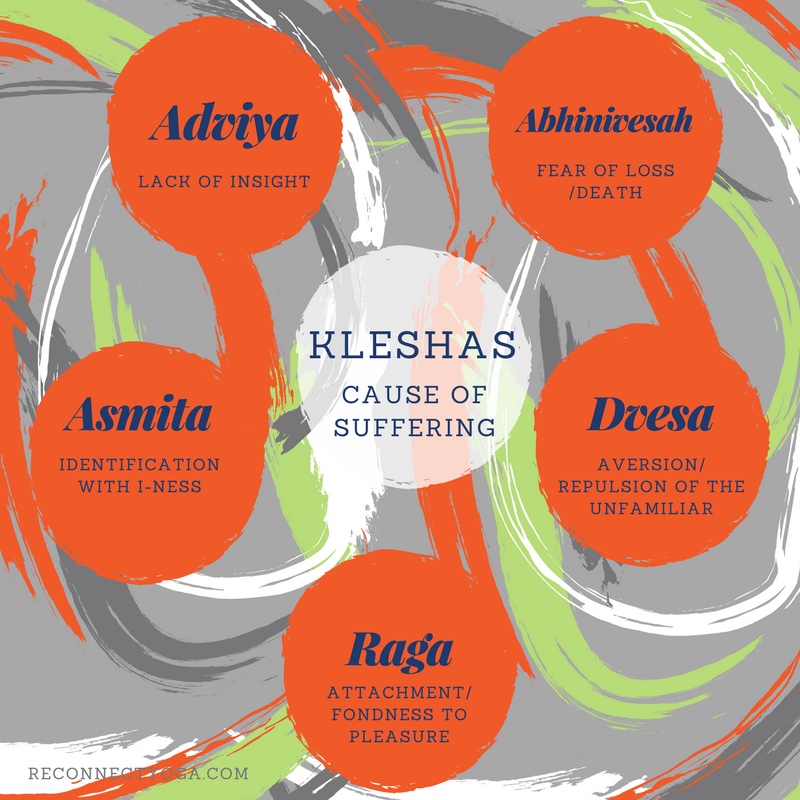I am (not) I

“Before we can understand the Universal Soul, we must understand our own, and before we understand our soul, we must explore all that eclipses our true selves, especially the wily “I” that takes on a thousand disguises to distract us.” BKS Iyengar
This portion of reading in Chapter 6 is so juicy…highly recommend all to read! The topics covered are absolutely ones that are in need of understanding as we move through yoga and move through life. The “human condition”, the obstacles we face along the way, and the way we fit into the scheme of Nature all are integral to just being us.
The very thing that makes humans human is the ability to contemplate our Self, to wonder “Who am I?” and engage in the world on a level that includes moral and spiritual contemplation. Why we do this and how we might find the answer to this age-old question is the foundation of yoga. And, as we live and practice as humans, I think we all have found that we are not free of obstacles or frustrations. Understanding these obstacles can go a long way to help us through some of our more trying times.
The 5 Kleshas (Obstacles/Afflictions) “The Afflictions are a particular pattern of disturbance to the human consciousness, as universal and prevalent as fruit flies to healthy apples…interwoven into the fiber of all our beings.”
- AVIDYA – Spiritual ignorance – Our great forgetting of who we really are and attaching ourself to things that are impermanent and transient, causing a deep feeling of insecurity and shifting reality. Mistaking the real for the unreal, the transient for the permanent, and the not-self for the self.
- ASMITA – Pride – “Our unique and stainless individuality, can, through the saddening and obscure years of life, harden into an exclusive shell of selfishness, of me, of pride” My couch, my car, my husband, my body, my brain, my ideas…all lead to an identity that we want to live forever, but can crack at any moment. We attach our Self to these things that change, die, break down, disappear, so through yoga must learn to experience life through gratitude and not possessiveness.
- RAGA – Attachment to pleasure – It is human nature to seek out the things that make us feel happy, that bring us pleasure, but even those don’t last forever. In the end, there is pain when we attach ourselves to that which is pleasurable and changing.
- DVESA – Aversion to pain – It is also human nature to avoid things we don’t like or find painful, but who among us has really been able to do that? Things happen anyway – deaths, sickness, injury, break-ups, etc…so how do we deal with them? We must be open to looking deeper into that which causes us pain, to learn and grow and transform that negative into a positive.
- ABHINIVESA – Clinging to life – As the Yoga Sutras say, this is the hardest of all afflictions, as even the wise person still clings to life. We are stuck in this limbo of protecting what we have, but also being ok to let it go when it goes, bringing us back to the original ignorance of thinking we are all things transient instead of the permanent consciousness. “Discover what does not die, and the illusion of death is unmasked. That is the conquest of death.” And this, in the end, is the goal of yoga -to know every nook and cranny of our Nature so that we can see clearly what is permanent and not permanent.
But don’t be discouraged by these afflictions! We all know they exist and yoga is a great tool to work within and through them! It is an empowering force, not a negative resignation. We just have to look at all the pieces clearly to put together our own Truth. There is Spirit and there is Nature, and we just have to inform ourselves to all the differences between the two.
“To yoga, nature is nature, and spirit is spirit. They intercommunicate, and the spiritual Soul is supreme, the abiding reality. But we must take nature seriously as we belong to it and live in it.”
There is an “evolutionary theory” in Yoga that has to do with how the subtle energies running through all of life ultimately express themselves in all their beautiful diversity. Yoga practice literally teaches us to dissect our own embodiment, understanding all the “stuff” that eclipses our True Nature. With this knowledge, we dispel our original ignorance, therefore removing all other obstacles, and come to know our Self completely.